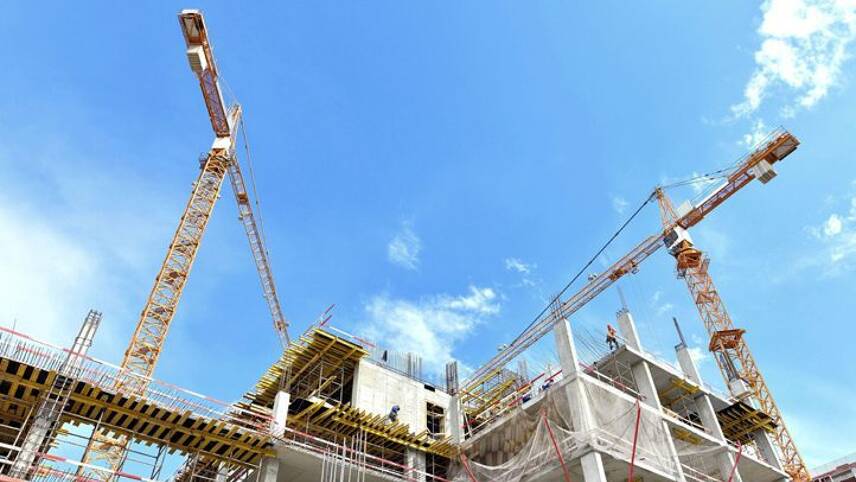Register for free and continue reading
Join our growing army of changemakers and get unlimited access to our premium content

The WorldGBC first issued its Net Zero Carbon Buildings Commitment in 2017, calling on companies in the built environment sector to ensure all existing buildings by 2050 operate at net-zero carbon.
The commitment has been signed by more than 140 entities, including 109 businesses, 28 cities and six states and regions. Collectively, they account for more than 5 million tonnes of carbon emissions.
The WorldGBC has now updated the mandate to account for the role that tackling embodied carbon can have as part of a “reduction-first approach to decarbonisation”.
In 2019, WorldGBC has issued a report outlining how companies in the sector can focus on both operational and embodied carbon to reach net-zero emission buildings by 2050.
The report notes that operational emissions (from energy used to heat, cool and light buildings) account for 28% of the built environment sector’s 39% contribution to global greenhouse gas emissions. The remaining 11% derives from embodied carbon emissions found in the material and construction processes across a building’s entire lifecycle.
The updated mandate still calls for all building assets within direct control to account for all operational carbon emissions by 2030. However, the WorldGBC is now calling for businesses to account for the whole lifecycle impact of all new buildings and major renovations, effective as of 1st January 2023, with requirements set for 2030 or sooner. A commitment is also in place to track and report business activities that influence the indirect reduction of whole life carbon emissions.
The WorldGBC’s chief executive Cristina Gamboa said: “The update to the WorldGBC’s Net Zero Carbon Buildings Commitment elevates the ambition for the building and construction sector to go further and faster to decarbonise. It sets a target for compensating for emissions associated with buildings and construction, and the tangible social and environmental co-benefits of this approach creates a powerful catalyst towards achieving the Paris Agreement goals and the Sustainable Development Goals.
“Achieving our vision of sustainable buildings for everyone, everywhere means acting now to tackle upfront carbon, whilst planning with whole life carbon in mind.”
The updated Commitment attempts to prioritise aggressive reduction-first strategies, but the Council does not that residual emissions will need to be compensated via offsets. The new commitment notes that fossil fuel consumption and emissions from supply chain processes will still need to be balanced in the short term through a reliance on offsets.
Building demand
The Commitment also accounts for the BuildingToCOP26 Coalition’s calls that emissions from the global building stock needed to be halved globally by 2030, with net-zero achieved for all lifecycle emissions by 2050 at the latest.
Fortunately, demands for green builders are growing. Of the commercial property professionals to have responded to a global survey of more than 4,000 decision-makers in the built environment space, more than half (55%) saw growth in demand for sustainable buildings over the past 12 months.
The survey was conducted by the Royal Institution of Chartered Surveyors (RICS) and the World Built Environment Forum to form RICS’ latest annual sustainability report.
In the commercial property sector, respondents were asked about investor and occupier appetite for buildings considered ‘green’ or ‘sustainable’. Globally, 55% of respondents said demand had risen. The sharpest increase in demand was seen in Europe, with 69% of respondents reporting increased demand. Even in the Middle East and Africa region, where demand growth was the lowest, 39% of respondents reported increased demand.
Commenting on the new commitment, Nigel Topping, COP26 High Level Climate Action Champion: “With the buildings sector accounting for 40% of global emissions and 50% of resource consumption, the need for urgent action is critical. WorldGBC’s Net Zero Carbon Buildings Commitment provides a bold approach for businesses looking to be a front runner in decarbonising emissions from buildings by 2030.”
Matt Mace


Please login or Register to leave a comment.